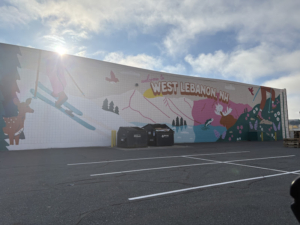Lebanon’s New Public Health Roadmap: A Regional Model for Collaborative Action
The City of Lebanon and the Public Health Council of the Upper Valley have joined forces to develop a comprehensive Public Health Needs Assessment (PHNA). The report outlines both urgent needs and long-term opportunities to strengthen public health systems– not just for Lebanon, but for communities across the Upper Valley.
Grounded in Community, Designed for Action
Launched in 2024, the Lebanon Public Health Needs Assessment is one of the first of its kind in New Hampshire to integrate local, regional, and state perspectives across eleven key public health functions. From mental health services to emergency preparedness, housing conditions to water quality, the assessment weaves together stakeholder interviews, local data, and policy reviews into a clear call to action.
The assessment had three primary goals:
- Identify gaps and strengths in Lebanon’s public health infrastructure.
- Inform Lebanon’s upcoming Strategic Plan, including a new Health Chapter.
- Provide a template for other municipalities seeking to build or boost their public health functions.
The Takeaways: Mental Health, Infrastructure, and Regional Solutions Top the List
Among the most pressing concerns highlighted in the report:
- Mental health system gaps are straining first responders and emergency departments. The report calls for new investments in crisis response, including adding a Police Social Worker, strengthening community mental health services, and expanding substance misuse supports.
- Aging infrastructure needs attention. Lead pipe removal, stormwater upgrades, and better oversight of private wells and septic systems are listed as priorities, alongside expanding Lebanon’s drinking water sources beyond Mascoma Lake.
- Data and coordination emerged as key themes. The report urges the creation of a staffed interdepartmental team and a regional data-sharing system to track trends, inform strategy, and identify pockets of need– especially among vulnerable populations such as older adults and those without access to transportation.
Collaborative Models Take Center Stage
A major innovation in the PHNA is its strong emphasis on regional partnerships. One proposal suggests piloting a shared Regional Town Health Officer (THO) model to better coordinate inspection and enforcement functions, reduce training gaps, and build long-term resilience.
The PHNA also recommends a Community Emergency Response Team (CERT) for Lebanon, increased regional coordination on vaccine distribution and emergency sheltering, and stronger legislative advocacy for mental health and housing resources.
What’s Next?
The PHNA is not a static document. It includes a phased set of recommendations– some for immediate municipal implementation, others requiring advocacy at the state level or partnerships across towns and sectors.
Alice Ely, Executive Director of the Public Health Council of the Upper Valley, notes: “Lebanon’s needs reflect those of many towns in the Upper Valley. This report gives us a practical and flexible roadmap we can all use, whether we’re looking at mental health, environmental health, or how to prepare for the next public health emergency.”
The full Lebanon Region Public Health Needs Assessment is available here and on the City of Lebanon’s website.
— Written by Vismaya Gopalan, ’82 UVCI Fellow to the PHC, Dartmouth College






Leave a Reply
Want to join the discussion?Feel free to contribute!